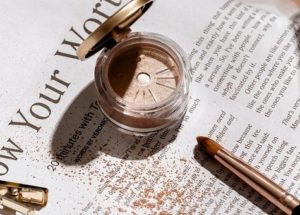In a significant decision for retailers, Judge Manish Shah of the U.S. District Court for the Northern District of Illinois recently denied in part Defendant Estée Lauder’s motion to dismiss proposed class action claims that its consumer “try-on” technology violated the Illinois Biometric Information Privacy Act (“BIPA”). The Court rejected Defendant’s personal jurisdiction argument, as well as claims that its website terms and conditions required Plaintiff to arbitrate her dispute, and that Plaintiff lacked standing to sue on behalf individuals that used websites Plaintiff herself did not visit. In a decision entitled Kukovec v. The Estée Lauder Companies, Inc., Case No. 22-CV-1988 (N.D. Ill.), the Court determined, however, that Plaintiff did not sufficiently plead that the cosmetics giant intentionally or recklessly violated consumers’ biometric privacy rights, and thereby dismissed those claims. The ruling in Kukovec illustrates the ongoing legal risks for retailers in using “try-on” tech to enhance customer service.
To read the full text of this post by Gerald L. Maatman, Jr., Gregory Tsonis and Kelly Bonner, please visit the Duane Morris Class Action Defense Blog.


